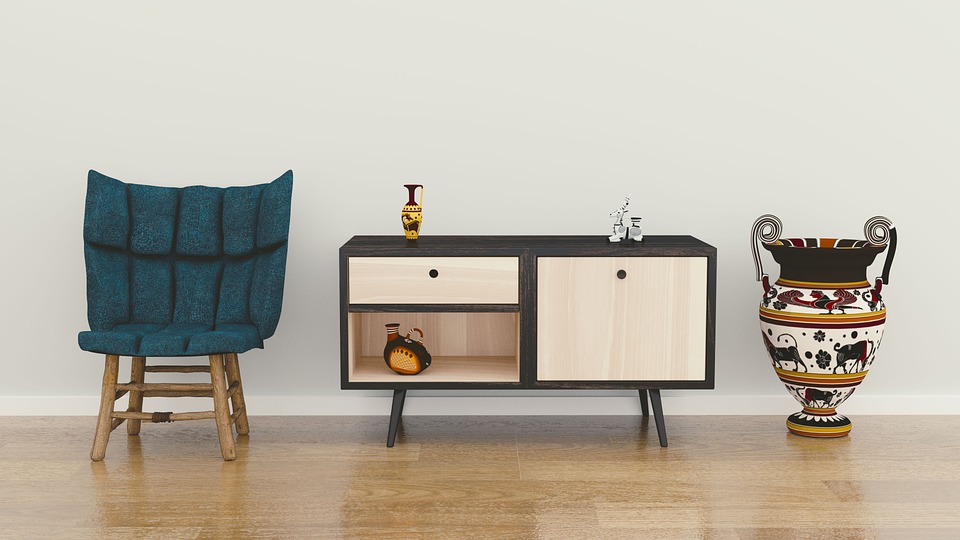Vapour intrusion isn’t something you normally think about on a daily basis. It’s not something most homeowners think about. Yet, it’s one of the things that’s really very common if you live anywhere near a landfill or if you have large deposits of gas on (under) your property.
While most infiltration problems don’t pose a serious threat, there’s always the potential for things to get out of hand. Being proactive will keep your home safe, and your family healthy.

The Problem Of Vapour Intrusion
Various environmental data resources turn up the same problems over and over again. Vapour intrusion always enters the home via structural weakness or compromises in integrity. For example, cracks in the home’s foundation, window leakage, and doors with loose seals around the edges are all perfect opportunities for vapours to enter the home.
When chemicals or petroleum products are spilled or leak from underground storage tanks, they can leak gasses upwards from the ground into your home. Vapour intrusion also becomes a problem when common household items are not properly secured.
For example, improper gasoline storage, paint strippers, paint, air fresheners, and various cleaning products can all accumulate in the air – especially in non-ventilated or poorly ventilated areas.
This can become a major concern as vapours build up to a point there the health of you and your family becomes compromised. While many vapours are odorous, many are not and thus present special dangers.
How Vapour Intrusion Affects Your Health
The risk of vapours varies according to the chemical involved. The amount of the vapour gathering in any given area also affects whether or not it is hazardous to your health. How healthy you are is another factor in how dangerous a chemical is. If you are immunocompromised, you may experience trouble with a small concentration of vapours.
If you’re relatively healthy, it may take a large concentration of chemical vapours for you to notice any ill effects.
Reducing Risks
Reducing the risk of vapour intrusion doesn’t have to be complicated. First, make sure that all points of possible entry are sealed. This includes sealing off windows and door, making sure that there are no drafts. Secondly, seal up any cracks in the foundation, as vapours can easily penetrate them. Third, consider putting in a vapour seal barrier if your home doesn’t have one. This will block vapours from entering the home from the basement.
The vapour barrier is especially important if you live near a waste disposal facility. That’s because landfills often contain large amounts of methane gas, ammonia, and other toxic byproducts from the construction industry. Upon breaking down, these vapours make their way into the ground and move through the soil.
They then seep into basements and accumulate. Proper ventilation systems are usually necessarily when you live near a landfill, as the rate of infiltration overwhelms your home’s natural ability to ventilate it passively.
Finally, don’t be lulled into a false sense of security just because you don’t smell any odours. Low-level infiltration of some vapours can significantly increase your risk of cancer and chronic disease. Have your home professional monitored and measured periodically for common household vapours.
Improving Air Quality
Another important thing to consider when it comes to reducing risk is ensuring that the air within your home is of a better quality. Naturally this step comes after minimising the risks of vapours entering the home. Once you’ve secured the possible entry points of vapour into your home you can now turn inward and focus on the air quality.
The first thing you’ll want to do is ensure the ducts and vent that control air flow and quality in and out of the home are cleaned. For this we recommend you employ professional air duct cleaning services, even if it’s for the first major clean.
The second thing is ensuring that the quality of air is maintained. Not only should you regularly clean your air ducts and vents but also ensure that you purify the air that’s entering your home. For that you should considering getting a purifier.
Source: www.ukhomeimprovement.co.uk











